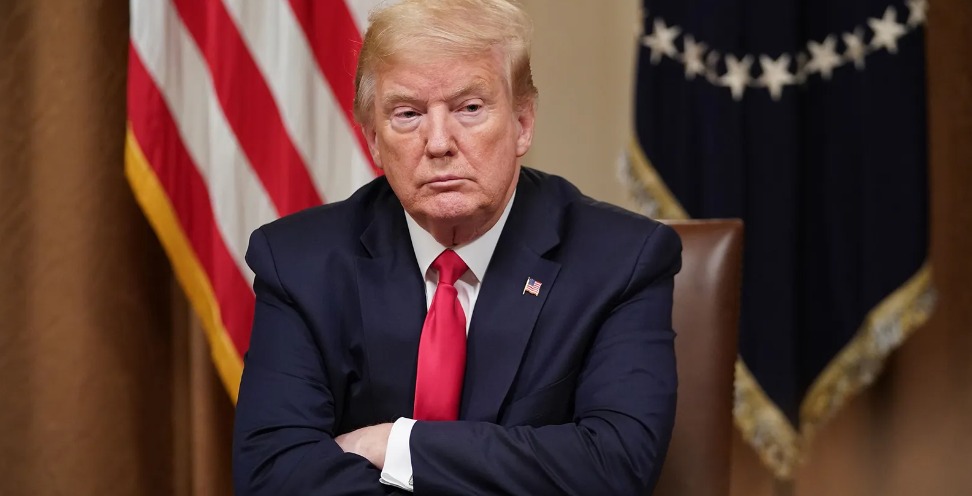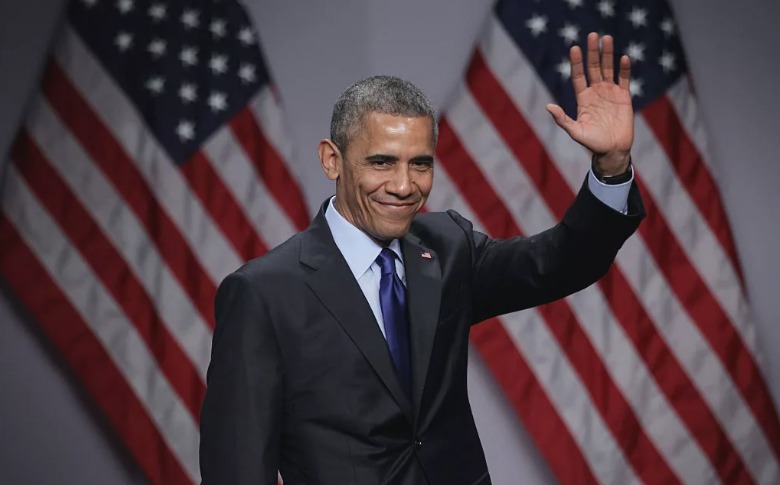The Trump administration, spanning from January 20, 2017, to January 20, 2021, was marked by a mix of policy initiatives, controversial decisions, and significant events across various sectors. Here, we delve into some of the key works and notable achievements during the tenure of the 45th President of the United States, Donald J. Trump.
Economic Policy:
One of the flagship accomplishments of the Trump administration was the passage of the Tax Cuts and Jobs Act in December 2017. This legislation aimed to stimulate economic growth by reducing corporate tax rates, simplifying the tax code, and providing tax relief for individuals. Proponents argued that these tax cuts would encourage businesses to invest, create jobs, and spur overall economic activity.
Additionally, the administration pursued deregulation across multiple industries, particularly in sectors like energy, finance, and healthcare. The rationale behind deregulation was to reduce compliance costs for businesses and promote innovation and competitiveness. Critics, however, raised concerns about potential environmental and consumer protection implications.
Trade Policy:
The Trump administration prioritized reshaping trade agreements and adopting a more protectionist stance, particularly targeting China. In 2018, the administration imposed tariffs on hundreds of billions of dollars’ worth of Chinese goods, citing unfair trade practices and intellectual property theft. These tariffs sparked a trade war between the world’s two largest economies, impacting global supply chains and causing uncertainty in financial markets.
Furthermore, President Trump renegotiated the North American Free Trade Agreement (NAFTA), resulting in the United States-Mexico-Canada Agreement (USMCA). The USMCA aimed to modernize and rebalance trade relations between the three countries, with provisions covering various sectors such as automotive manufacturing, agriculture, and digital trade.
Foreign Policy:
The Trump administration pursued an “America First” approach to foreign policy, characterized by a focus on prioritizing U.S. interests and reducing foreign entanglements. One of the most significant foreign policy achievements was the normalization of relations between Israel and several Arab states, known as the Abraham Accords. These agreements marked a historic shift in Middle East diplomacy and were hailed as a significant step towards regional stability.
On the other hand, the administration faced criticism for its handling of relations with traditional allies, trade tensions with European countries, and its decision to withdraw from international agreements such as the Paris Climate Agreement and the Iran nuclear deal. These actions strained diplomatic ties and raised concerns about U.S. leadership on global issues.
Judicial Appointments:
A key priority for the Trump administration was reshaping the federal judiciary by nominating conservative judges to lifetime appointments. President Trump successfully appointed three Supreme Court justices—Neil Gorsuch, Brett Kavanaugh, and Amy Coney Barrett—shifting the ideological balance of the Court to the right. Additionally, he appointed numerous judges to lower federal courts, leaving a lasting impact on the judicial branch for years to come.
COVID-19 Response:
The COVID-19 pandemic presented one of the most significant challenges of the Trump presidency. The administration’s response to the pandemic was met with mixed reviews. On one hand, Operation Warp Speed, an initiative aimed at accelerating the development and distribution of COVID-19 vaccines, was widely praised for its effectiveness. Multiple vaccines received emergency use authorization within record time, offering hope for controlling the spread of the virus.
However, the administration faced criticism for its handling of the initial response, including delays in testing, shortages of personal protective equipment (PPE), and conflicting messaging on public health measures. The pandemic also exacerbated political divisions over issues such as mask mandates, lockdowns, and the role of the federal government in coordinating a national response.
Conclusion:
The Trump administration leaves behind a legacy defined by its efforts to reshape domestic and foreign policies, its confrontational approach to trade relations, and its response to unprecedented challenges like the COVID-19 pandemic. While supporters laud its achievements in areas such as tax reform, judicial appointments, and Middle East diplomacy, critics point to controversies, divisive rhetoric, and policy decisions that remain subject to debate and scrutiny. As the Biden administration takes office, it inherits a nation grappling with the aftermath of a tumultuous four years and faces the task of addressing ongoing challenges while charting a path forward for the country.



